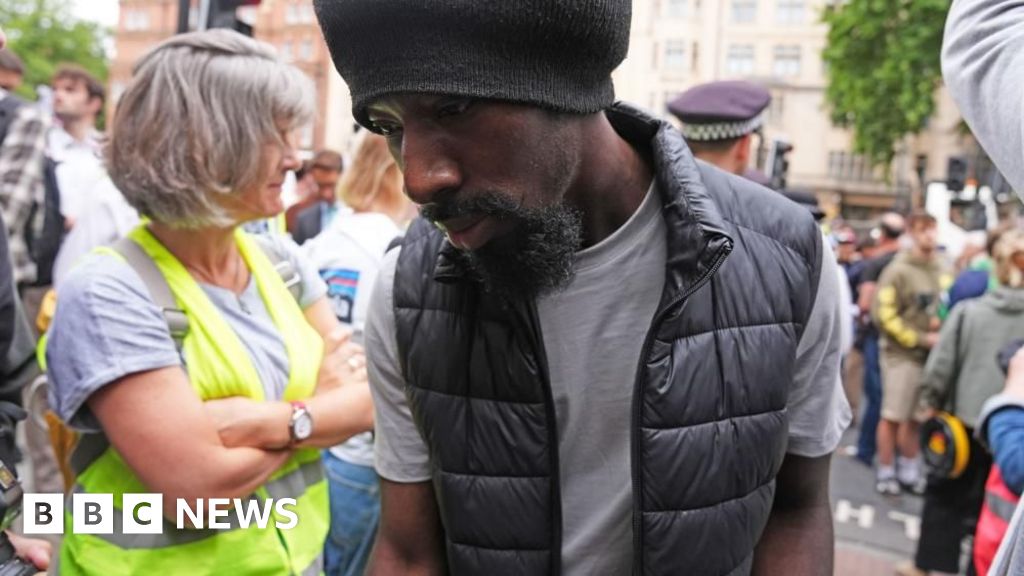
wjarek / Depositphotos
In an increasingly shifting global order, nation-states and international institutions strive not only for economic growth and military might, but also for legitimacy and recognition in upholding the rule of law in interstate relations. This quest often manifests through what is commonly referred to as international legal compliance – the ability to shape state behaviour through established norms and frameworks rather than mere coercion. As contemporary conflicts multiply across multiple theatres, from Eastern Europe to the Middle East and Southeast Asia, questions emerge about whether traditional legal mechanisms remain relevant in an era of widespread violations. Yet these conflicts reveal a paradox: while sceptics argue that systematic breaches signal international law’s demise, recent diplomatic successes in securing ceasefires across diverse regional disputes suggest remarkable institutional adaptability. This analysis explores how international legal frameworks demonstrate resilience through evolutionary adaptation, maintaining core humanitarian principles while developing innovative mechanisms for conflict resolution in an increasingly complex multipolar world order.
The ongoing Russia-Ukraine conflict exemplifies international law’s enduring normative power, even amid apparent violations. Russia’s invasion violated the prohibition of force contained in the United Nations Charter and the peremptory norm of general international law prohibiting aggression. Both sides invoke established legal principles, including territorial sovereignty, self-defence under Article 51 of the UN Charter, and humanitarian law obligations to justify their actions. This pattern repeats across recent conflicts: the India-Pakistan military confrontation and Israel-Iran tensions similarly involved both parties invoking legal justifications for their actions. Even when violations occur, perpetrators feel compelled to provide legal rationales, suggesting that international law retains its normative power despite enforcement challenges.
The UN Secretary-General’s declaration that Russia’s full-scale invasion directly violated both the UN Charter and international law reflects international law’s continued institutional relevance. Hostilities between Russian and Ukrainian forces constitute an international armed conflict governed by international humanitarian treaty law, primarily the four Geneva Conventions of 1949 and its first additional protocol, demonstrating how legal frameworks continue to categorise and regulate contemporary conflicts.
The International Court of Justice’s ongoing engagement with high-profile cases demonstrates international law’s institutional resilience. The Court’s provisional measures orders in the Gaza genocide case, while not mandating an immediate ceasefire, established binding obligations on Israel to prevent genocidal acts and ensure humanitarian access. Despite implementation challenges, these orders represent authoritative legal interpretation that constrains state behaviour and provides frameworks for accountability. The January 19, 2025, Gaza ceasefire agreement, involving a 42-day first phase with hostage releases and prisoner exchanges, illustrates how international legal frameworks facilitate negotiated settlements even in seemingly intractable conflicts.
However, the fragility of such agreements reveals both the potential and limitations of international law. While questions remain about the Iran-Israel ceasefire’s long-term sustainability, and previous Israel-Hezbollah ceasefires have faced challenges, these agreements demonstrate international law’s capacity to create frameworks for negotiated settlements. Hamas’ allegations of Israeli ceasefire violations in Gaza, while concerning, underscore that violations require justification within legal frameworks, indicating the law’s persistent relevance.
Likewise, the Thailand-Cambodia border conflict resolution demonstrates international law’s capacity for regional adaptation and diplomatic innovation. Cambodia and Thailand agreed to an immediate ceasefire after deadly border clashes that killed 35 and injured over 200, with the ceasefire taking effect at midnight on July 28, 2025, following high-level peace talks. Malaysian mediation facilitated this unconditional agreement, illustrating how regional organisations develop complementary legal frameworks that address specific cultural and political contexts while maintaining consistency with broader international standards. President Trump’s characterisation of this as an easy achievement, citing trade leverage as a key diplomatic tool, demonstrates how economic incentives complement legal frameworks in contemporary conflict resolution.
International humanitarian law continues functioning during active conflicts through institutional mechanisms and field operations. The Committee to Protect Journalists’ documentation that 159 Palestinian journalists and media professionals were killed between October 2023 and January 2025 demonstrates how international legal frameworks provide benchmarks for documenting violations and maintaining accountability standards. The restriction on foreign journalists entering Gaza independently, except through supervised Israeli military tours, illustrates how legal obligations regarding media access persist even during conflict, providing frameworks for criticism and eventual accountability.
Critics correctly identify significant enforcement deficits in contemporary international law. The International Criminal Court’s characterisation of acts in Gaza as war crimes and crimes against humanity, combined with various organisations’ and the UN Special Rapporteur’s genocide allegations, reveals both international law’s diagnostic capacity and its enforcement limitations. However, these challenges prompt adaptive responses rather than systemic collapse. The documentation of more than 350 ceasefire violations demonstrates how legal frameworks provide mechanisms for monitoring compliance even when perfect enforcement remains elusive.
The intersection between humanitarian law and political negotiations reveals international law’s adaptive capacity. Israel’s legislation curtailing United Nations Relief and Works Agency (UNRWA) operations threatens to undermine the Gaza ceasefire and sabotage recovery efforts, according to UN officials, illustrating how legal frameworks provide analytical tools for assessing political decisions’ humanitarian implications. This demonstrates international law’s function in providing normative standards that shape discourse and decision-making even when enforcement mechanisms face political constraints.
Brookings Institution analysis suggests that what determines the future of the international legal order is how nations respond to violations, rather than the violations themselves. This perspective emphasises international law’s resilience through collective response mechanisms. The principle that Russian crimes against Ukraine must be punished and reversed, never appeased, reflects international law’s capacity to provide normative guidance for post-conflict resolution processes.
Contemporary conflicts test international law’s boundaries while simultaneously confirming its enduring relevance. States continue operating within legal frameworks, seeking justification for actions, and utilising legal mechanisms for dispute resolution. The recent proliferation of regional legal institutions, specialised international courts, and hybrid accountability mechanisms reflects international law’s evolutionary capacity. The impact of ceasefires on international humanitarian law applicability continues to generate scholarly debate, demonstrating legal discourse’s vitality in addressing complex contemporary challenges.
Rather than witnessing international law’s demise, one can observe its transformation for an increasingly complex global order. This evolution maintains core humanitarian principles while developing new mechanisms for conflict limitation, accountability, and peaceful resolution. The challenge lies not in defending outdated legal structures but in fostering adaptive frameworks that can address twenty-first-century conflicts while preserving human dignity and interstate stability. International law’s future depends on its capacity to evolve while maintaining fundamental protective principles, a process evidenced by contemporary responses to Ukraine, Gaza, and other global conflicts.
Further Reading on E-International Relations
About The Author(s)
Bhavya Johari is a Lecturer at Jindal Global Law School, O.P. Jindal Global University, India. He earned his undergraduate law degree from NALSAR University of Law, Hyderabad, India, and holds an LL.M. from Melbourne Law School, University of Melbourne, Australia.
Before you download your free e-book, please consider donating to support open access publishing.
E-IR is an independent non-profit publisher run by an all volunteer team. Your donations allow us to invest in new open access titles and pay our bandwidth bills to ensure we keep our existing titles free to view. Any amount, in any currency, is appreciated. Many thanks!
Donations are voluntary and not required to download the e-book - your link to download is below.

 Movie
Movie 3 weeks ago
42
3 weeks ago
42 






![Presidents Day Weekend Car Sales [2021 Edition] Presidents Day Weekend Car Sales [2021 Edition]](https://www.findthebestcarprice.com/wp-content/uploads/Presidents-Day-Weekend-car-sales.jpg)



 English (United States)
English (United States)